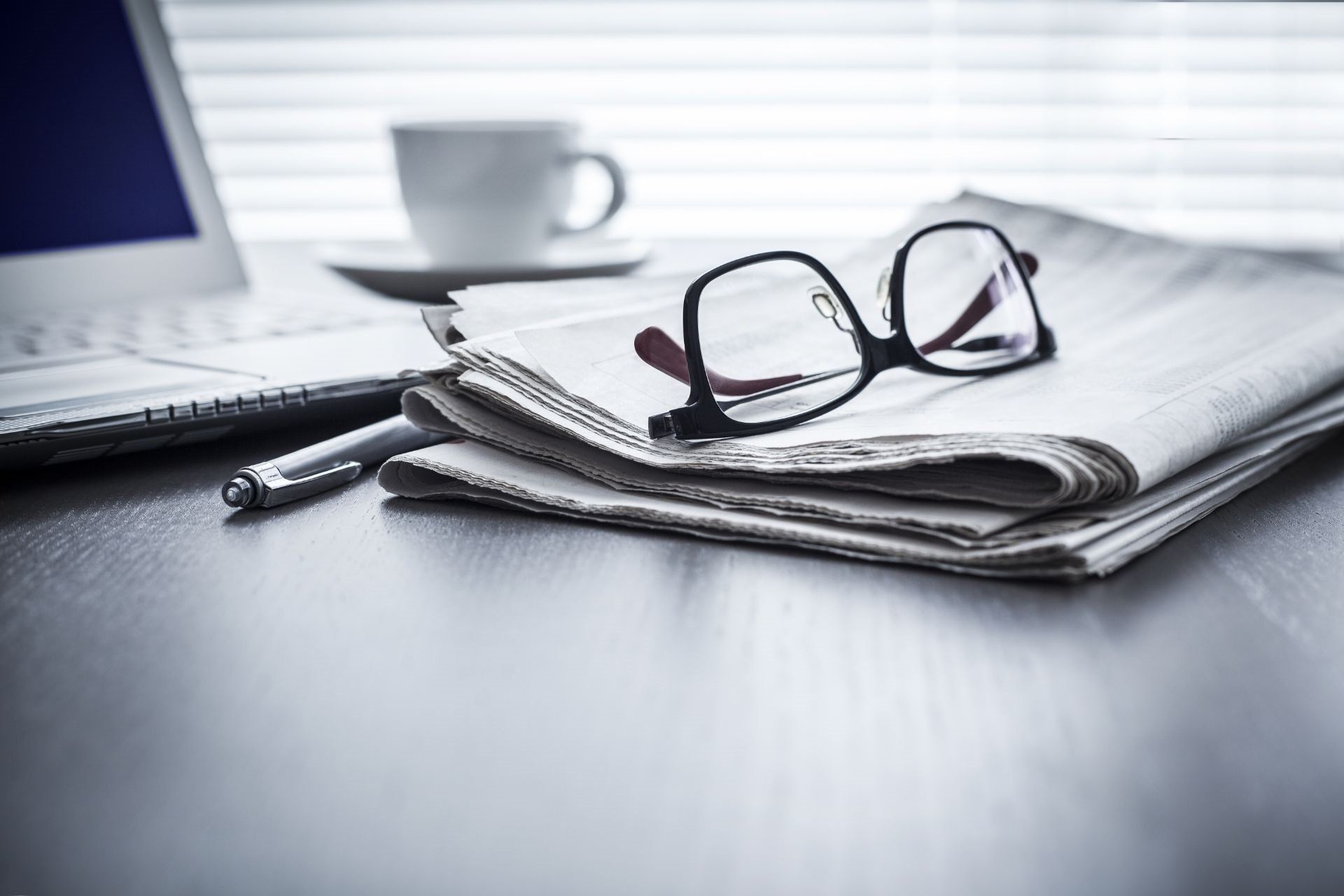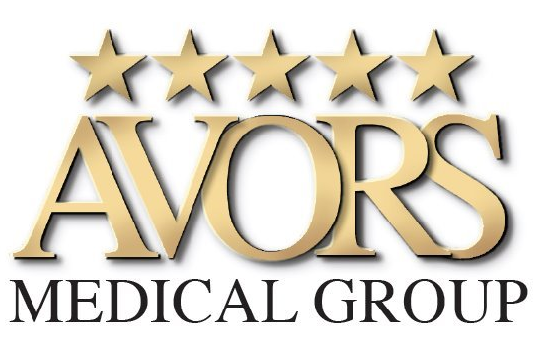Post-Stroke Rehabilitation in Valencia, CA and Lancaster, CA
The brain is a complex organ that controls the body’s movements, stores memories, is the source of thoughts, emotions, speech and language. It is the control center for performing all our body functions (e.g. breathing, eating) and for processing all sensory information taken in by our body.
Stroke is sometimes called a “brain attack” and occurs when there is decreased blood flow to part of the brain, causing permanent damage to brain tissue. Stroke reduces a patient’s mobility in more than half of stroke survivors age 65 and over. Stroke is the fifth leading cause of death in the United States, and one of the top leading cause in serious long-term disability.
Below you'll find valuable information on strokes. For more information about post-stroke rehabilitation please contact us in Valencia, CA (661) 705-5100 or Lancaster, CA (661) 726-5005.

Slide title
Write your caption hereButton
The acronym FAST is a reminder to act “FAST” and call 911 should symptoms of stroke occur. The F stands for face – symptoms that affect the face such as facial drooping, vision changes. The A stands for arms – symptoms of arm or leg weakness or numbness especially on one side of the body. The S stands for speech - slurred speech, trouble speaking. The T stands for time – time to seek help and call 911 to get treatment as quickly as possible to decrease damage to the brain cells.
Stroke can cause significant changes to the body, and every stroke survivor may have different functional deficits. Post-Stroke Rehabilitation is an essential step to recovery. Some communities offer a variety of post-stroke rehabilitation services: Acute care and rehabilitation hospitals, Long-term Care facilities, at home, through home health agencies, and Outpatient Rehabilitation facilities. The type of rehabilitation will depend upon the type of new needs of each stroke patient. Some patients will regain their independence quickly and for others it may take much longer (may vary between days to weeks to months). Some patients may be involved in some or all of these rehabilitation settings.
As identified by the American Stroke Association some of the services offered within each facility include, but are not limited to:
- Rehabilitation nursing
- Physical therapy
- Occupational therapy
- Speech-language pathology
- Providing Durable Medical Equipment (DME) such as braces, splints, etc.
- Self-care skills such as feeding, grooming, bathing, toileting and dressing
- Mobility skills such as transferring, walking or self-propelling a wheelchair
- Communication skills in speech and language
- Cognitive skills such as memory or problem solving
- Social skills for interacting with other people
- Audiology Recreational therapy
- Nutritional care
- Rehabilitation counseling
- Social work
- Psychiatry/Psychology Chaplaincy Patient/Family education
- Support groups
- Vocational evaluation, driver’s training and programs to improve your physical and emotional stamina may also be part of your rehabilitation program.
Post-stroke rehabilitation should begin as soon as the patient stabilizes. Although rehabilitation may not reverse the effects of stroke, it builds strength, capability and confidence to optimize recovery and helps the patient adjust to a body that works differently.
Call for info on post-stroke rehabilitation.
Lancaster (661) 726-5005
Valencia (661) 705-5100
LANCASTER
42135 10th St W Ste 101
Lancaster, CA 93534
VALENCIA
23838 Valencia Blvd Suite 260
Valencia, CA 91355
SANTA CLARITA
26357 McBean Pkwy, Ste 255
Santa Clarita, CA 91355
LANCASTER
Phone: (661) 726-5005
Fax: (661) 726-5377
Email: info@avorsmedgroup.com
VALENCIA
Phone: (661) 705-5100
Fax: (661) 705-5101
Email: info@avorsmedgroup.com
Mon - Fri : 8:00 am - 5:00 pm
Sat - Sun : closed

